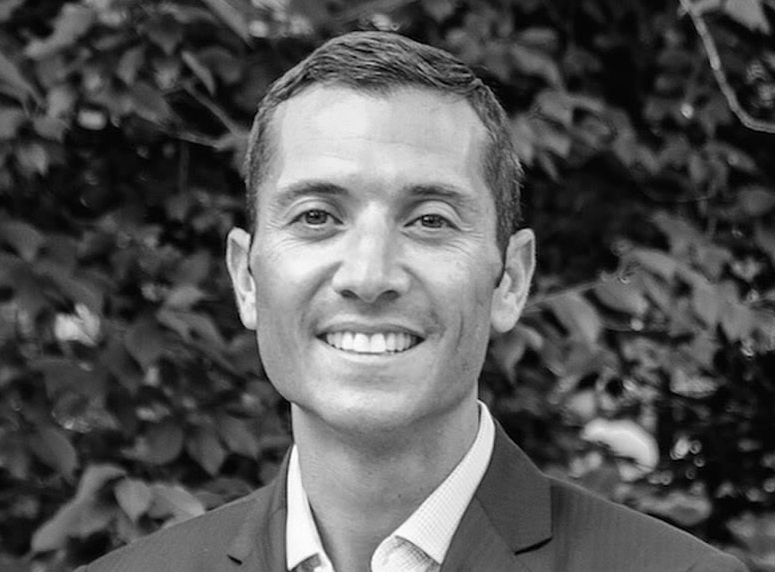On prioritizing high-value activities.
Some people look at a VC’s schedule and say it’s unmanageable, but that’s actually what is so energizing about this job. That’s why I love it.
There’s never been a day that I’ve perfectly planned out and has gone as expected.
My daily priorities vary, depending on a lot of factors, and change throughout the course of almost every day. It’s a balancing act, but there are ways to refocus your efforts on high-value activities and ensure you don’t lose sight of the big picture.
First, I have a standing time blocked on my calendar every week for calls with founders of portfolio companies where I hold a board seat, often with no set agenda.
It’s part of my job to be a sounding board for them, and it’s amazing how often founders get to conclusions just by audibly talking through problems. These meetings are commitments that I’ve made to the founders we’ve backed.
Second, to make sure I’m present when meeting with founders, I avoid scheduling back to back meetings. By taking 15 to 30 minutes between meetings, I have time to gather my thoughts about the previous meeting and hit the reset button.
Sometimes I’ll literally just lay down on a couch and avoid checking email. That way I’m coming into the next meeting with a fresh, rejuvenated mindset, and can give the founder the attention they deserve.
Every time I’m talking to a founder, I try to be both engaged and empathetic. People often forget that VCs fundraise as well. It’s important to remind yourself what it’s like to be on the other side of the table.
